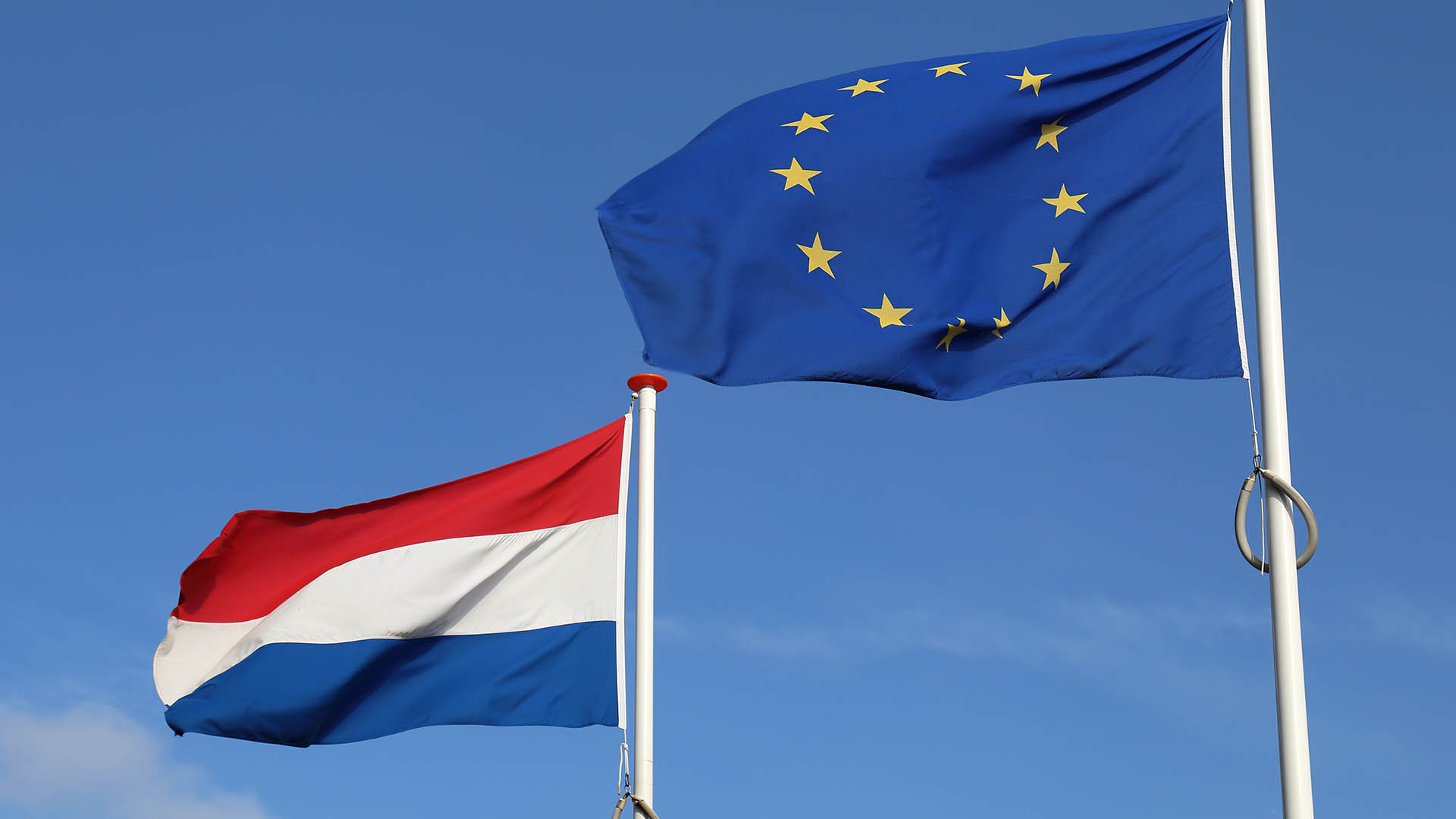The Netherlands faces political upheaval as the ruling coalition disintegrates over contentious asylum policy disagreements.
Coalition Breakdown
The Dutch government has collapsed after Geert Wilders, leader of the far-right Party for Freedom (PVV), withdrew his party from the governing coalition. The decision came after a dispute over proposed asylum policies, including a freeze on applications and restrictions on family reunification. Prime Minister Dick Schoof announced his resignation, and the cabinet has offered its resignation to King Willem-Alexander.
Asylum Policy Disagreements
Wilders had pushed for stringent asylum measures, such as halting the construction of reception centers and limiting family reunification. Despite some of these proposals being part of the coalition agreement, legal concerns led to their dismissal during coalition talks. The PVV’s demands were seen as conflicting with EU law, leading to tensions within the coalition.
Political Repercussions
The collapse of the coalition, which had been in place for less than a year, has led to widespread criticism. Coalition partners accused Wilders of prioritizing personal interests over governance. Opposition parties are calling for new elections, and the government is expected to remain in a caretaker capacity until then.
Future Implications
With the NATO summit scheduled to be held in The Hague later this month, the political instability raises concerns about the Netherlands’ role in international affairs. Polls indicate a close race between the far-right and Green-Left parties, suggesting that migration and cost-of-living issues will dominate the upcoming election campaign.







